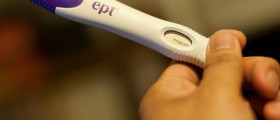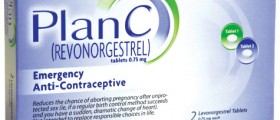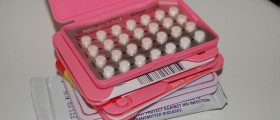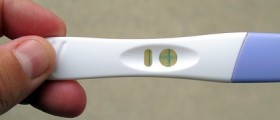
What Are Emergency Contraceptives?
Among different types of birth control methods there are also contraceptive pills which are sometimes used in emergency situations. Out of over 20 different types of pills, four are particularly popular in the US, including Ella, Plan B, Plan B One Step, and Next Choice. Regular birth control pill in higher than usual dosages is also effective as morning after pill. It is recommended that emergency contraceptive pills are taken within 72 hours of unsafe sex. Emergency contraceptive pills are divided into two dosages, i.e. one is to be taken within the proposed time, and the other 12 hours after. Nevertheless, Next Choice and Plan B can be taken just once. In addition, the sooner after sex the progestin based pills are taken the more effective they are in preventing pregnancies. Unlike the regular birth control pills, the emergency pills do not produce any side effects and are safe for most women.Characteristics of Birth Control Pills
Modern birth control pills are based on two synthetic hormones such as ethinylestradiol and desogestrel. The two hormones mimic estrogen and progesterone and their functions in the female body. Depending on where a woman is in her cycle her hormone levels are different. The sex hormones stimulate the production of eggs and their release from the ovaries. They also arouse the thinning of the walls in the uterus, preparing it to house an embryo for 9 months in case a pregnancy occurs. At the same time, if the egg does not get fertilized the hormone levels decrease and the lining from the uterus together with the egg is discharged from the body in a form of menstrual blood. Birth control pills introduce the hormones and trick the body into thinking the ovulation has already taken place. As a result, the egg does not fully develop nor does it leave the ovaries. Also, the hormones thicken the mucus in the uterus making it difficult for the sperm to pass through. Lastly, the contraceptive pills make the lining of the uterus different and inhospitable for the egg. Further, the pills make the menstrual bleeding lighter as well as more regular. Consequently, the contraceptive pills are often prescribed to treat difficult periods.Taking the Pill
Different Types of Emergency Contraceptives
Depending on the substances which make up the pills, the oral contraceptives are used for different purposes. For instance, Norgestimate and Ethinyl Estradiol based pills are employed for preventing pregnancies, easing the symptoms of menopause, treating acne and skin problems, as well as regulating the menstrual cycle. Norgestimate and Ethinyl Estradiol pills should never be used if the individual is allergic to the substances. Also, pregnant women should under no circumstances use oral contraceptive pills. Individuals with any types of cardiovascular problems, such as high blood pressure, blood vessel conditions, and so on, need to stay away from the pill. In case the woman is suffering from vaginal bleeding or cancers of the reproductive organs the pill can cause more harm than good.
















Your thoughts on this
Loading...